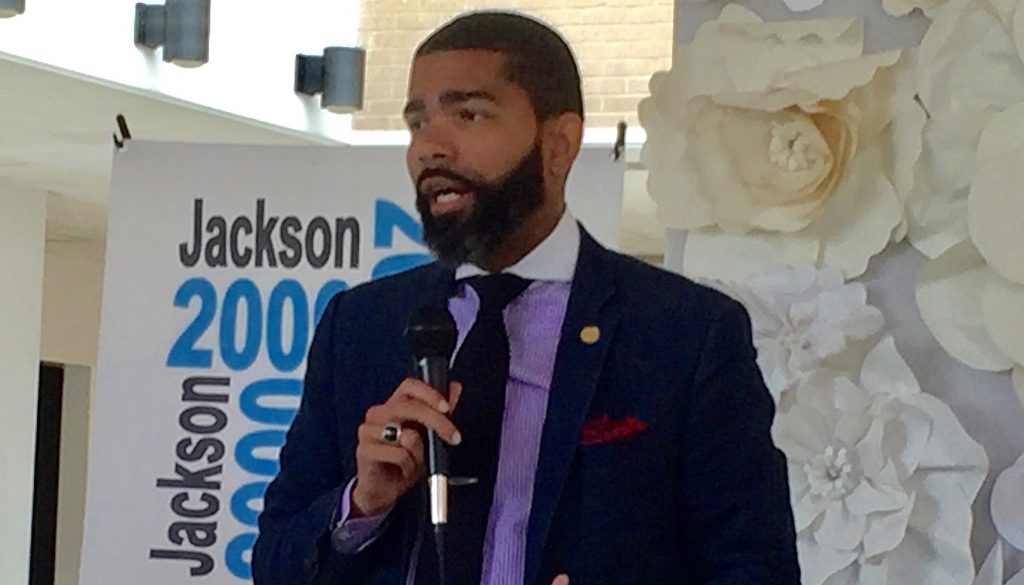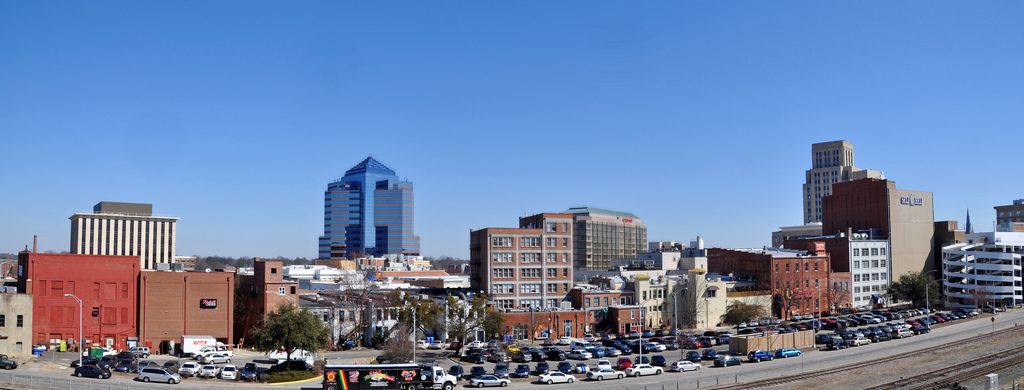
An important movement is growing, in Durham (NC) and across the country, to support and elect candidates from traditionally underrepresented populations to office and to better engage voters from those same populations. While this work was happening before the 2016 election, it is gaining momentum.
There are a variety of organizations working to equip black people, young people, immigrants, women, working class people, LGBTQ people, and others to run for local, state, and national office. Durham For All, a local political organization, is working to politically engage working-class people of color in order to make Durham’s local government more progressive and accountable to the needs of its working-class residents. One highly publicized example of the success of organizations like the ones linked above iis the election of Chokwe Antar Lumumba as the mayor of Jackson, Mississippi.
